There’s a chapter in the story of the Group B homologation special 959 that Porsche would rather was not there at all. In fact the German sports car maker did everything it could to avoid it.
The 959’s awesome all-wheel drive system proved its potential by winning the gruelling Paris-Dakar rally outright and coming first in class at Le Mans in 1986. Even though the cancellation of the Group B category meant it could no longer race Porsche had committed to building around 300 examples and, across the world, Nissan was watching.

The Japanese firm was working on an all-wheel drive system of its own and a close up look at the 959’s drivetrain would certainly speed things along. With its traditional Japanese respect for proper process and decorum Nissan initially attempted to order a car direct from the factory, but, after Porsche rejected it, Nissan took a more Ninja-like approach. The car – a 1988 959 Komfort, chassis number 022 – was eventually bought by an intermediary from Belgian distributor D’Ieteren Brothers and then shipped to Yokohama for study.
Nissan never registered the car in Japan, instead disassembling it to discover its intricate inner workings. By 1987 Nissan had perfected its Advanced Total Traction Engineering System for All terrains and Electronic Torque Split (ATTESA-ET-S) and installed it in the R32 GT-R. In race trim the GT-R won every All-Japan Touring Car Championship race from 1990 to 1993 and a legend was born.
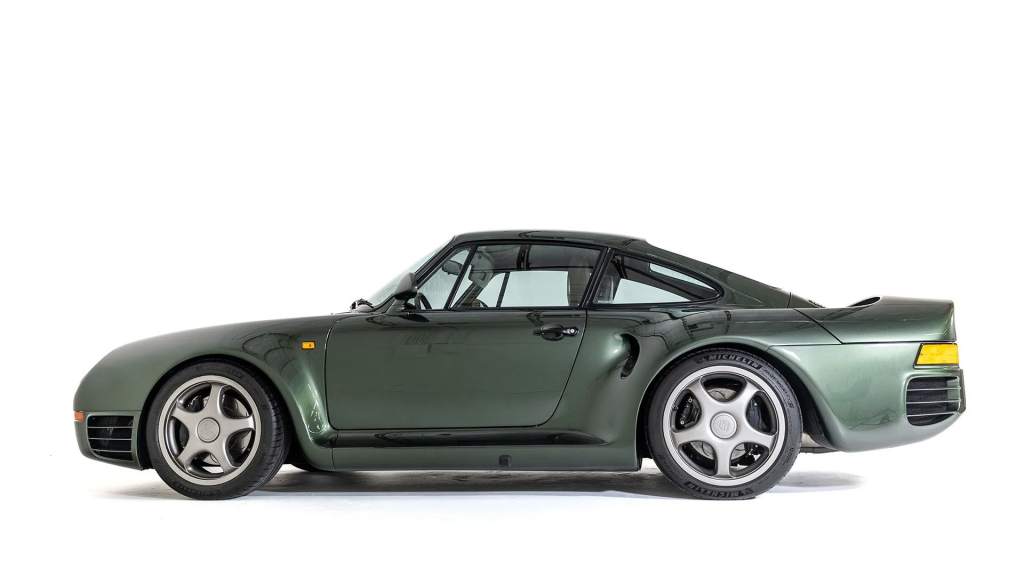
With no further use for the 959 it was put back together and sold to a Nissan engineer who also refrained from registering it. Eventually the 959 found its way to the U.S.A. where, in 2019, the owner took it to specialist Bruce Canepa for a transformation under his “959 SC Reimagined” program. It took four years, 4000 hours and £750,000 to convert the car, much of which went into upgrading the 2.8-litre twin-turbocharged flat-six engine from 438bhp to almost 800bhp. It’s now said to be capable of reaching 60 mph from a standstill in 2.5 seconds and topping out at over 230 mph.
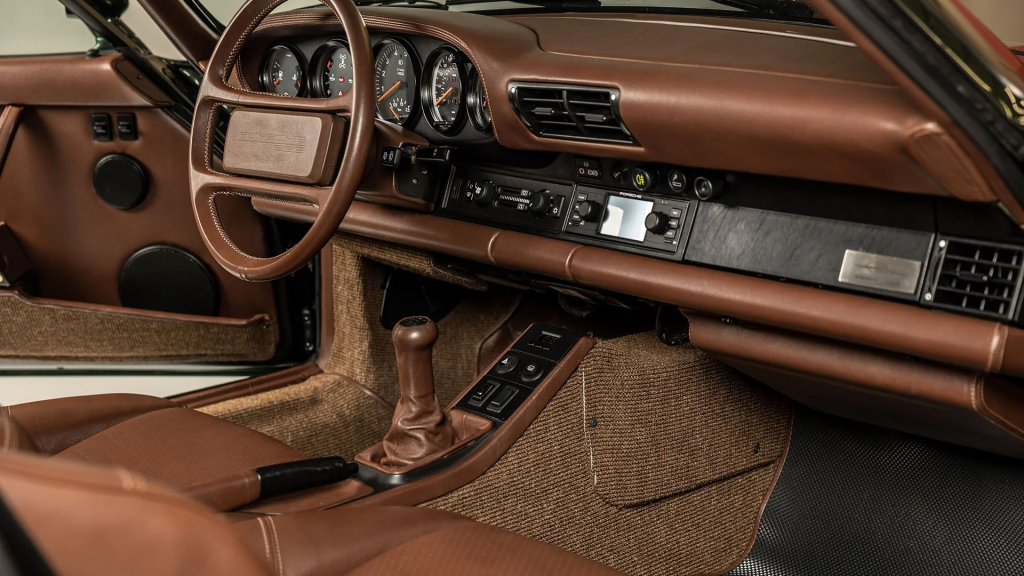
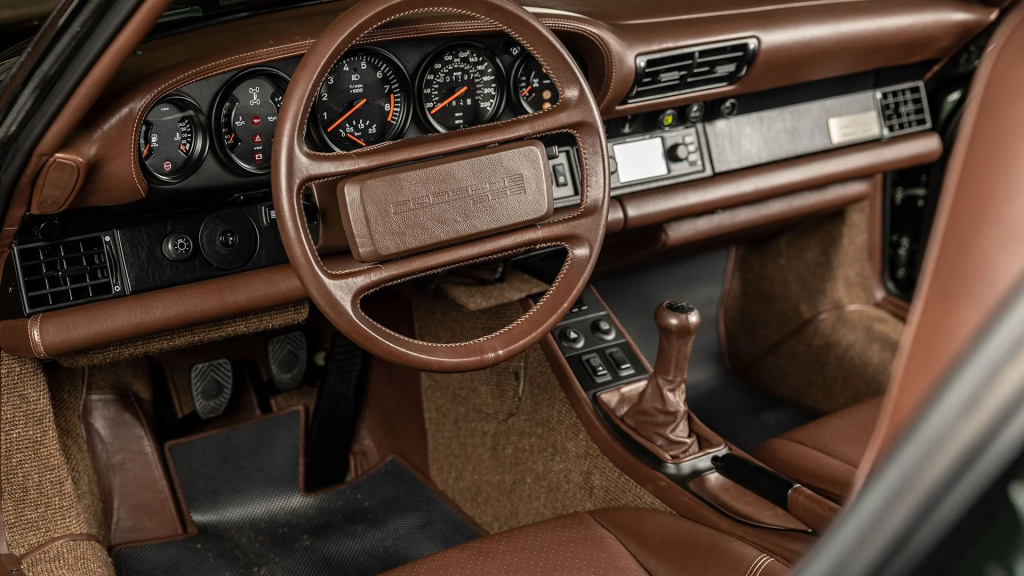
The original shade of Oak Green paint and gunmetal gray for the 18-inch wheels were retained but the cabin was re-trimmed in tobacco brown leather with matching square-weave carpets modelled on those of the Porsche 356.
This remarkable car with an even more remarkable backstory will be for sale at Broad Arrow’s Amelia Auction on 29 February where it’s estimated to fetch up to $3.75 million (£3m).

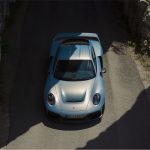
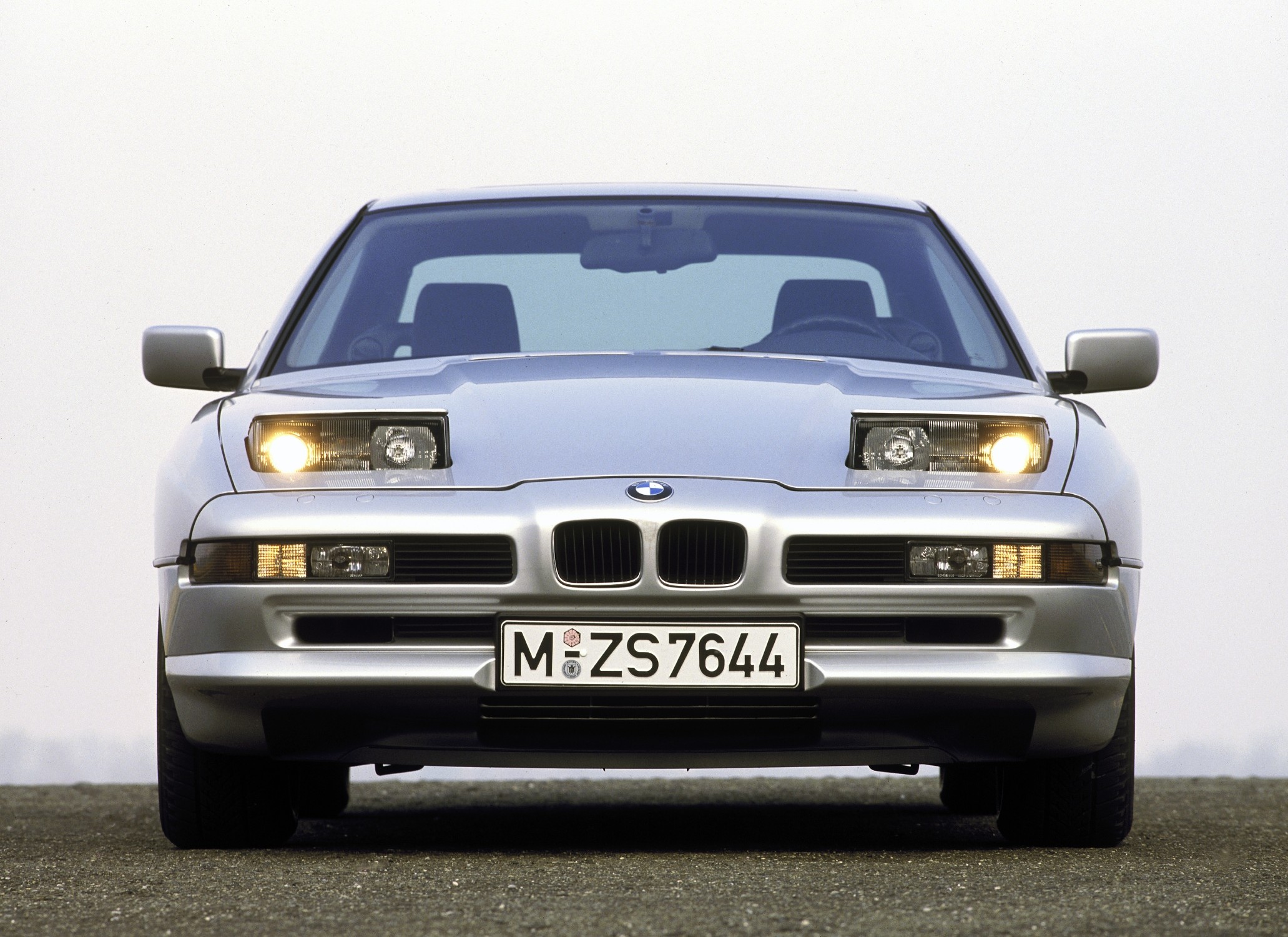
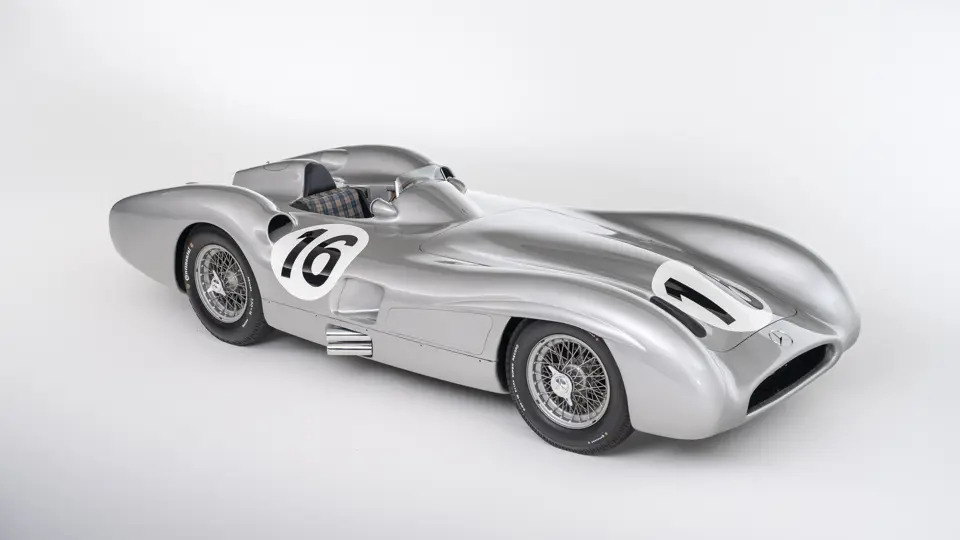





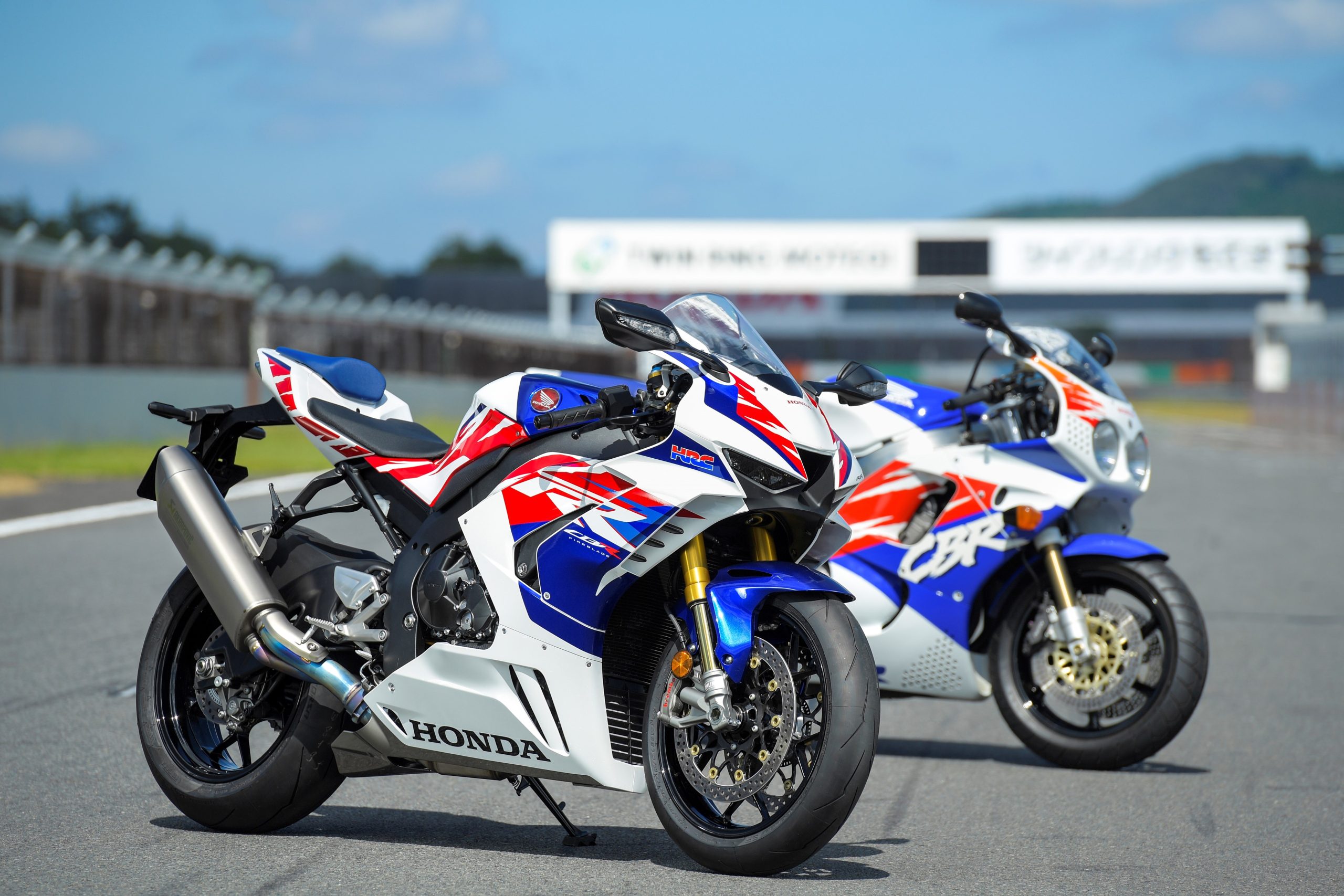
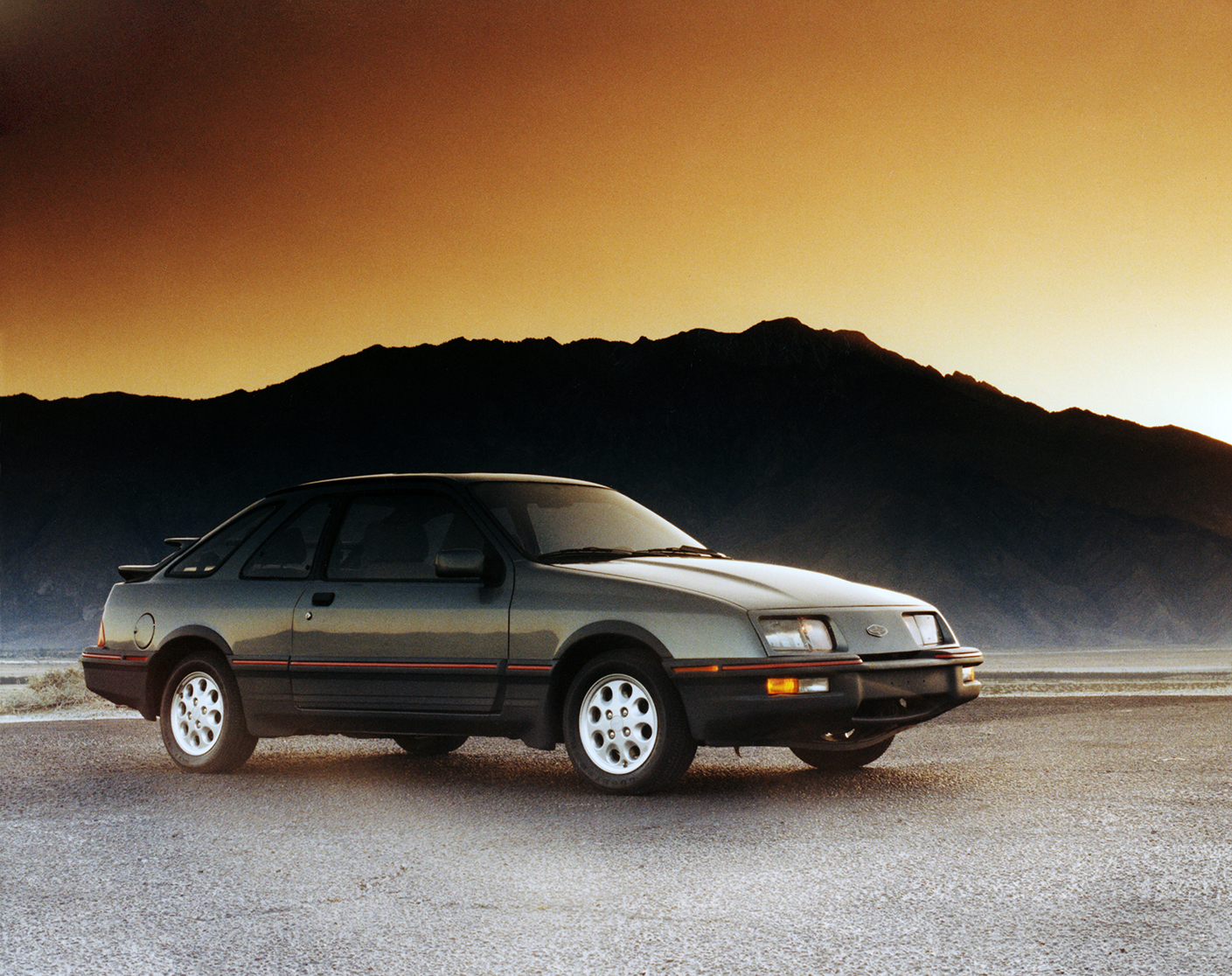
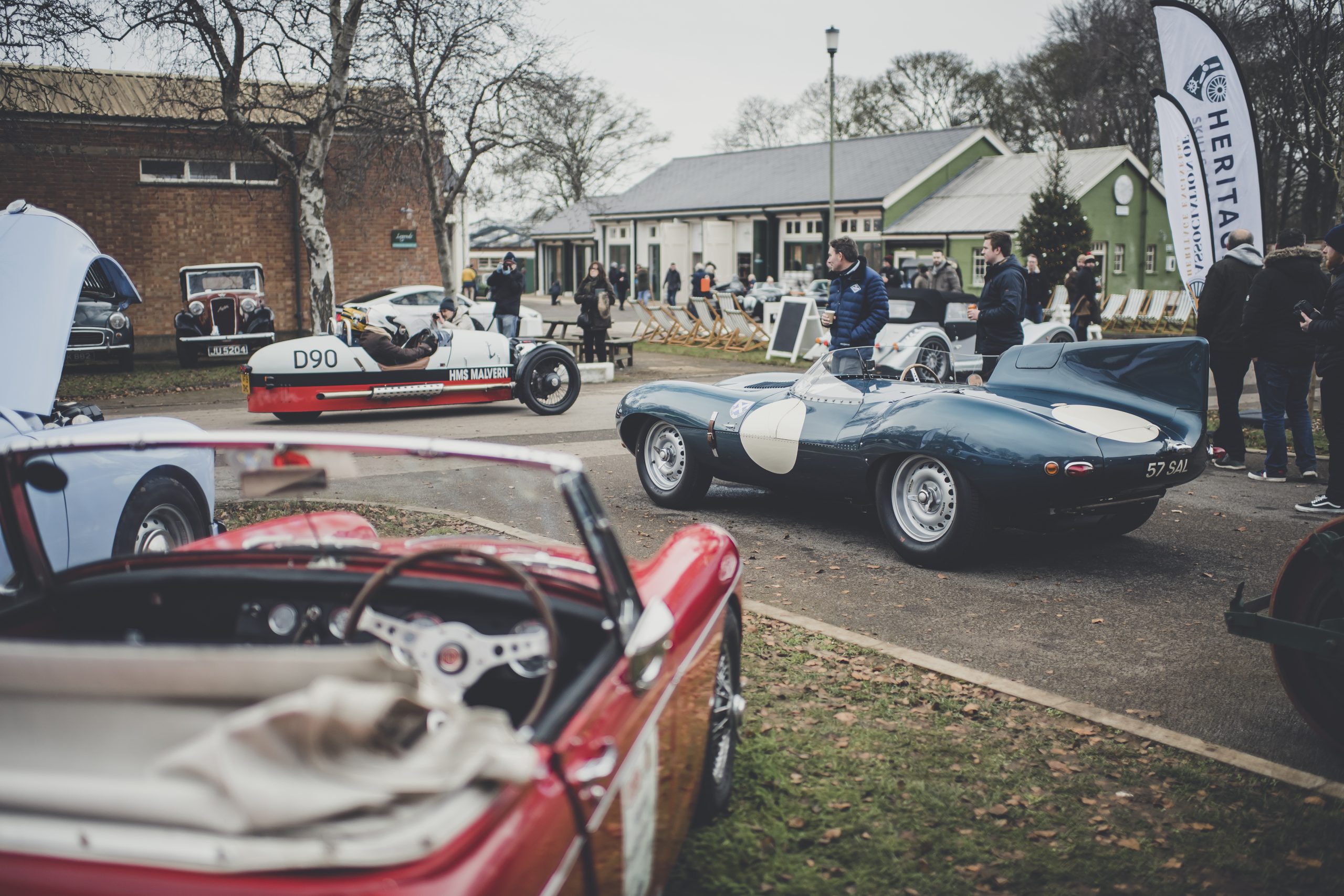
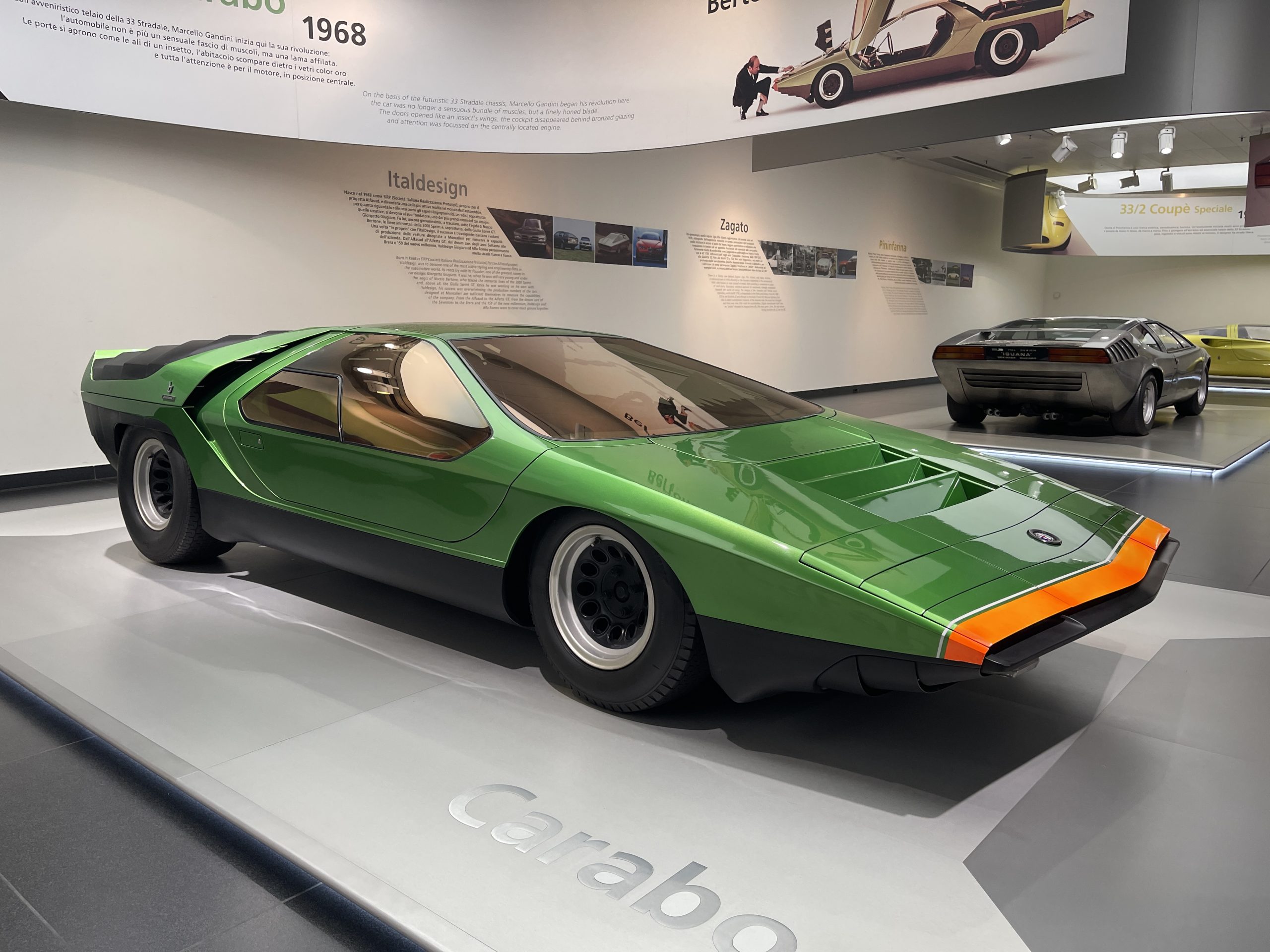
Reading the article – related to All-Wheel Drive…”..Porsche introduced the production ready street legal 959 super car in September 1985 at the IAA Frankfurt Motor Show.”
Nissan developed their Mid-4 AWD starting in the early 80’s. It was introduced at the Frankfurt Auto Show Sept. 1985.
So if they were both introduced at the same auto-show in 1985 – who copied who? I’ll beat that they both worked with Steyr-Daimler-Puch (who licensed the Torsen/Gleason mechanical limit slip differential for front to rear distribution of torque)
The MID4 of 1985 was followed by the MID4-II in 1987. The engine was basically the same as the one the Z32 300ZX would use in 1990, but having 330hp. thanks to a pair of turbos and their intercoolers. The suspensions were directly used in the 90 Fairlady-Z, but not the complex 4WD system, developed with the help of the Austrian producer Steyr-Daimler-Puch.
https://zhome.com/History/MID-4.htm
The Porche wore out its 4wd several times during testing at Tochigi Track. While R32 is pretty bomb proof as long as you use the rather special oil [reservoir hidden in trunk]
For another article Nissan made an F40 competitor[200mph + etc, it got to final stage build [that’s production car Level ] but got canned due to fire risk by safety dept, needless to say the non safety depts were rather #issed. However as can be seen the supercar fire risk has occurred with several brands since then. A photo of the Proto did appear in Japanese mag,
Thanks to Sr. Clark for recalling the weakness of the Porsche. Let’s respect good objectivity and reject blind worship.